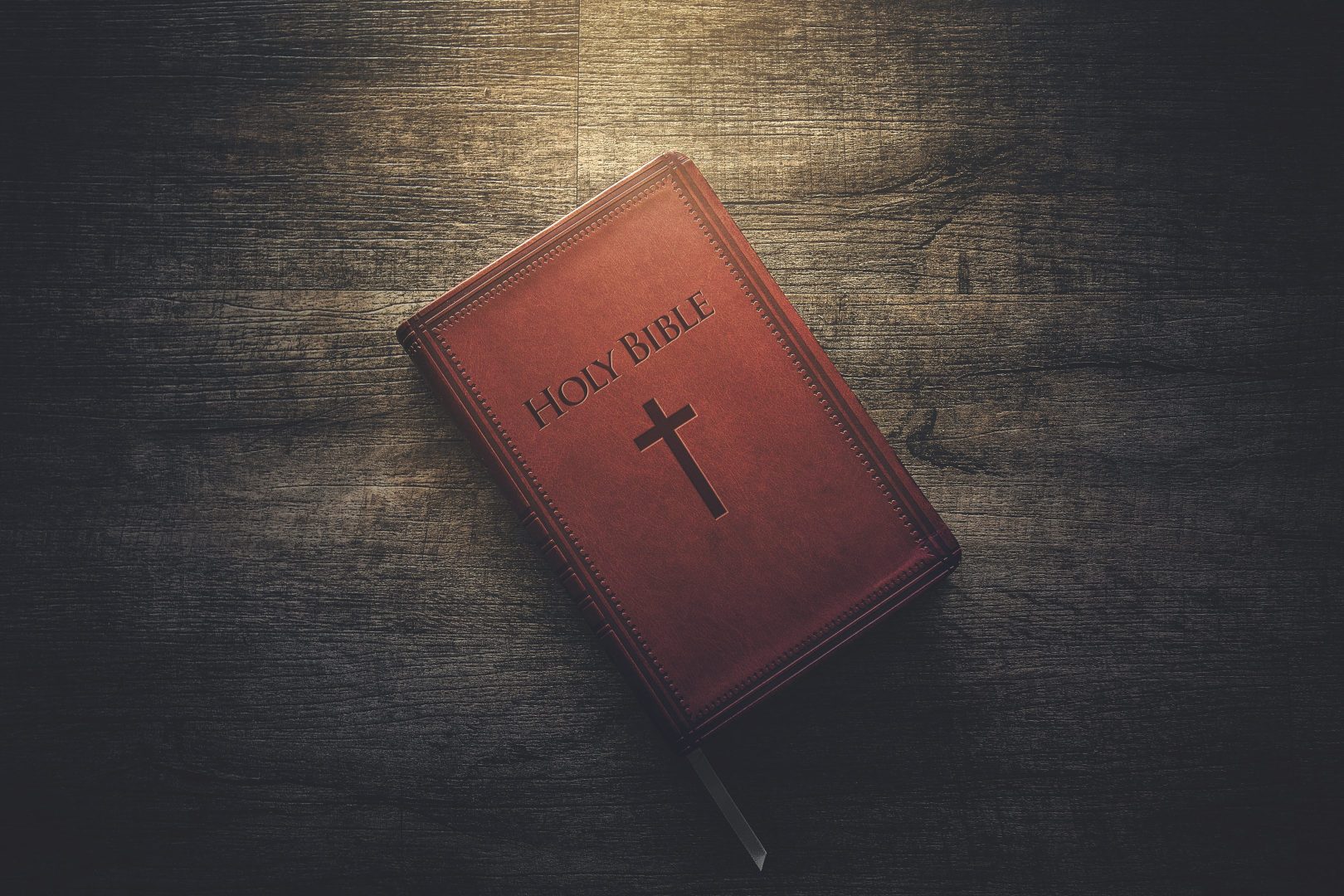


Get a free copy of Parental Rights & Education when you subscribe to our newsletter!

We have to be very careful in how we explain the Trinity to our kids. We don’t want to unintentionally give them a wrong view of a very fundamental aspect of the Christian faith.”
–REAGAN ESCUDÉ SCOTT
Read the introduction to this series here, along with Part 1 here and Part 2 here.
Oftentimes, as parents, we dumb down very big, incomprehensible subjects for kids so that they will better understand what we are attempting to explain to them. Sometimes this is helpful, but sometimes we end up teaching them things that are completely incorrect because we tried to oversimplify where we shouldn’t have.
Well-meaning Christian parents use this strategy, especially, to explain the Trinity to their children using analogies to say the Trinity is like water or like an apple, for example. Because of a widespread ignorance of Church history, many of these parents don’t realize that these analogies don’t describe the Trinity, rather, they describe ancient heresies that have been condemned by the Church for centuries.
So we have to be very careful in how we explain the Trinity to our kids. We don’t want to unintentionally give them a wrong view of a very fundamental aspect of the Christian faith. After all, our kids cannot have a proper understanding of the Gospel that saves them without understanding Who it is that saves them in the first place.
If you need a little extra help, here is one of my favorite videos, which clearly explains the Trinity and its distinction from heresies like Modalism, Arianism, and Partialism. (You won’t ever be able to witness a Trinitarian heresy again without thinking, “That’s modalism, Patrick!” and your kids will love it, too!) I also wrote this article last year going over Trinitarian heresies in depth if you want a little more apologetics under your belt.
The Trinity is made up of one eternal, immutable Godhead and three distinct, coeternal, coequal, and co-powerful persons. They are in perfect harmony with one another, and they consist of one substance.
The Father is not the Son (John 8:16); the Son is not the Holy Spirit (Acts 10:38), and the Holy Spirit is not the Father (John 14:26), yet they are One God.
The Athanasian Creed explains it this way:
“For the Father is one person, the Son is another, and the Spirit is still another. But the deity of the Father, Son, and Holy Spirit is one, equal in glory, coeternal in majesty. What the Father is, the Son is, and so is the Holy Spirit….Eternal is the Father; eternal is the Son; eternal is the Spirit: And yet there are not three eternal beings, but one who is eternal; as there are not three uncreated and unlimited beings, but one who is uncreated and unlimited….Thus the Father is God; the Son is God; the Holy Spirit is God: And yet there are not three gods, but one God…..And in this Trinity, no one is before or after, greater or less than the other; but all three persons are in themselves, coeternal and coequal; and so we must worship the Trinity in unity and the one God in three persons.”
While each person of the Godhead are coequal, they each have a different role:
The Father chooses who will be saved (Ephesians 1:4), the Son redeems who will be saved (Ephesians 1:7), and the Holy Spirit seals those who are saved for all eternity (Ephesians 1:13).
There is a mystery to the Godhead, and that’s a good thing! If we fully comprehended all that God is with our finite, little minds, He wouldn’t be a god glorious enough to be worshiped. We don’t have to fully wrap our heads around the Godhead, but we do have to be sure we get it right theologically. We cannot be Christians and fail to “worship one God in Trinity, and Trinity in Unity, neither confounding the persons, not dividing the substance.” For God is One God and three distinct persons.
Q: Are there more gods than one?
A: No, there is only one true God.
Q: In how many persons does this one God exist?
A: He exists in three persons.
Q: Who are the three persons?
A: The Father, the Son, and the Holy Spirit.
“Hear, O Israel: The Lord our God, the Lord is one.”
–Deuteronomy 6:4
The Church must be involved in public discourse and influence. That’s why we write — so our readers can be equipped to understand and pursue righteous change in the world. For more timely, informative, and faith-based content, subscribe to the Standing for Freedom Center newsletter.

Notifications